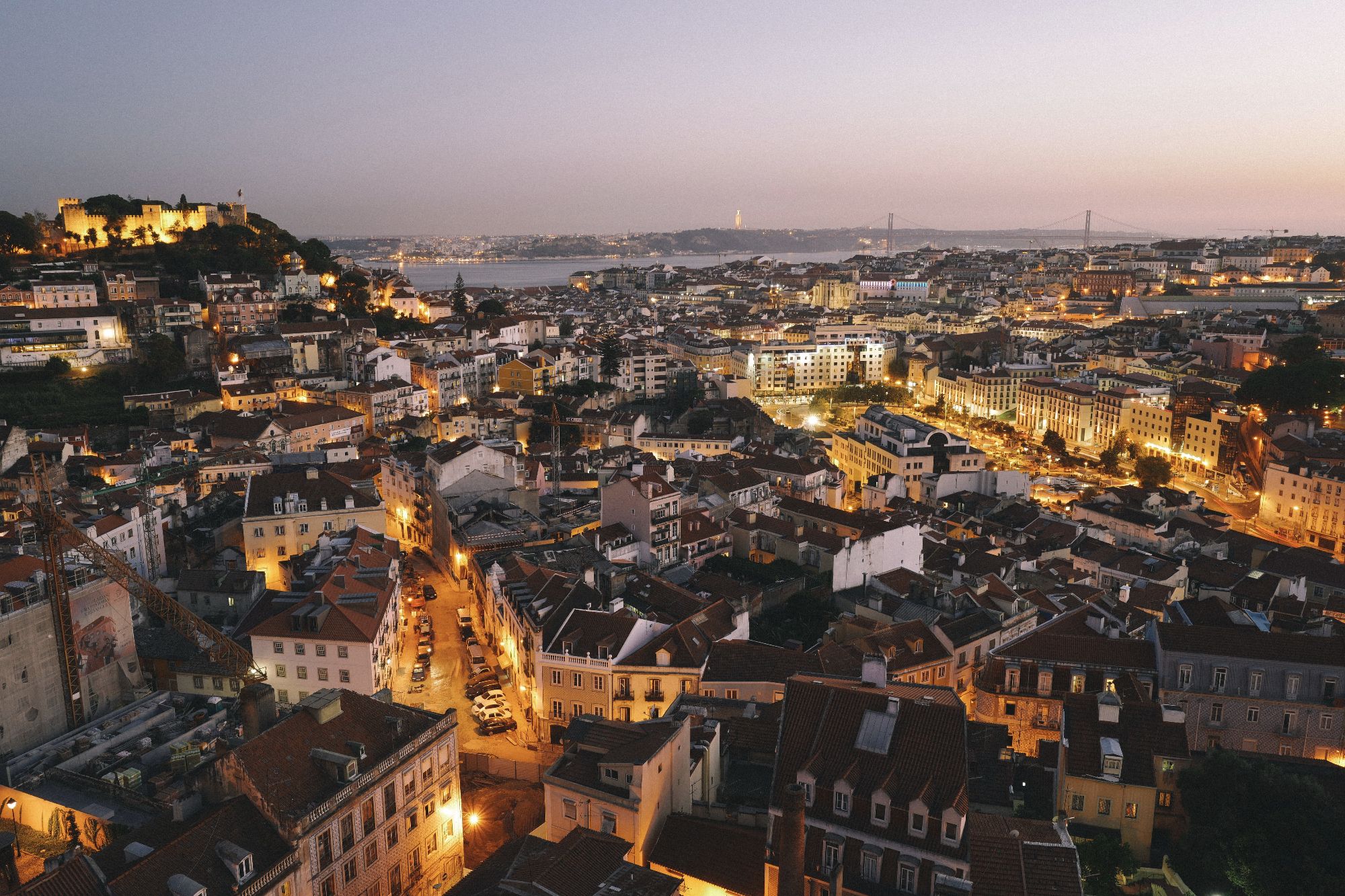OPORTO
Tranfers to Oporto
Porto, also known as Oporto in some languages, is the second-largest city in Portugal, one of the Iberian Peninsula's major urban areas, famous for Port wine and football team FC Porto. Porto city has a population of 287,591 and a metropolitan area with 2.3 million people (2011) in an area of 2,395 km2 (925 sq mi), making it the second-largest urban area in Portugal. It is recognized as a gamma-level global city by the Globalization and World Cities (GaWC) Study Group, the only Portuguese city besides Lisbon to be recognised as a global city.
Located along the Douro River estuary in northern Portugal, Porto is one of the oldest European centres, and its core was proclaimed a World Heritage Site by UNESCO in 1996, as "Historic Centre of Oporto, Luiz I Bridge and Monastery of Serra do Pilar". The historic area is also a National Monument of Portugal. The western part of its urban area extends to the coastline of the Atlantic Ocean. Its settlement dates back many centuries, when it was an outpost of the Roman Empire. Its combined Celtic-Latin name, Portus Cale, has been referred to as the origin of the name Portugal, based on transliteration and oral evolution from Latin. In Portuguese, the name of the city includes a definite article: o Porto ("the port") which is where its former English name "Oporto" comes from.
Port wine, one of Portugal's most famous exports, is named after Porto, since the metropolitan area, and in particular the cellars of Vila Nova de Gaia, were responsible for the packaging, transport, and export of fortified wine. In 2014 and 2017, Porto was elected The Best European Destinationby the Best European Destinations Agency. Porto is on the Portuguese Way path of the Camino de Santiago.

